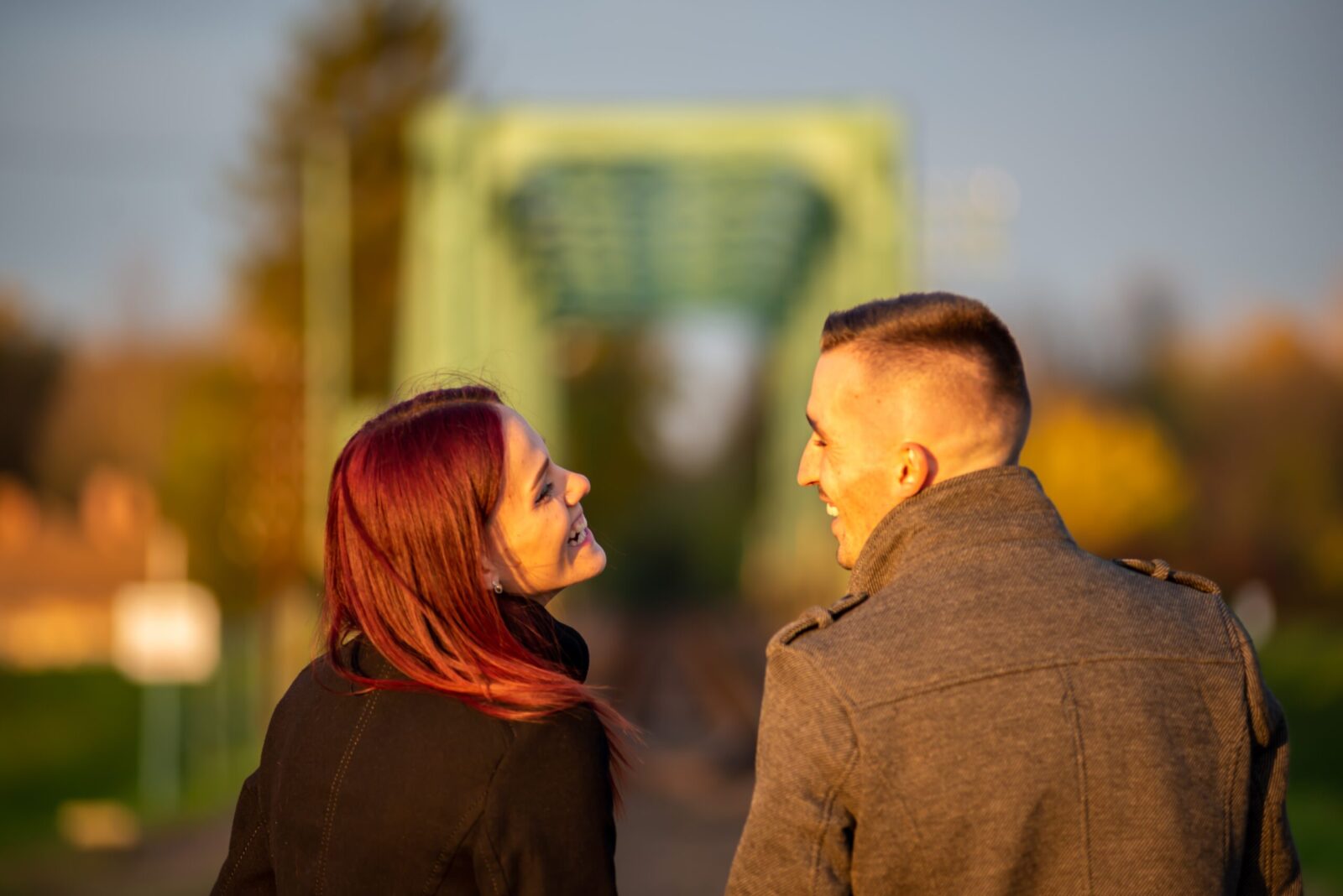Online Dating: Does It Really Work?
This is part four of an eight-part series published over eight consecutive weeks.
You can say a lot of things about dating in the Digital Age, but one thing is certain: putting yourself out there to meet that special someone is more “convenient” now. When you are cycling through hundreds of possible mates on Tinder, there is no denying that it is a convenient way to meet people. Yet are you meeting quality people?
If you are lucky, you are. Most of the time, though, people’s virtual personas are markedly different from who they are in person.
Convenience Is Peaking, Baby
The son of one of my best friends, Arvind, met his girlfriend online. At one of the delicious seven-course Indian dinners his parents invite us over for regularly, he told me about one of his coworkers: “He has five pictures in his profile. One picture is with a beard and one is without a beard because he tells me that if a woman likes a guy with a beard, she might like that picture and if not, she might like this picture. He has a picture where he’s riding a horse in a polo match in case someone is into sports. He has one of him rock climbing for outdoors enthusiasts, and another with a dog to show his emotional side.”
It took a lot of courage twenty years ago to walk up to someone in a store or on the street and introduce yourself. Today, you can introduce yourself to twenty people within half an hour on Tinder or Match.
Walking up to that stranger, however, wasn’t only an instrumental act to find the right person: it was also an act of self-development that taught us how to confront our social anxiety. Moreover, if the stranger was receptive, it could lead to the development of a different kind of relationship than you might have with someone you’ve pinged online.
Building a Culture of Two
Every relationship has a mythology: popular stories and myths that define its culture. Just as collectively shared myths and stories define the culture of a nation, group, or organization, they also define the culture of a relationship. The moment he proposed; the time she spoke up to her parents and protected the relationship.
“He pinged me on Tinder” may be less likely to lead to as strong of a culture to embed and guide the relationship and protect it from hostile, potentially destructive influences.
Perhaps with some mutual creativity, it will. (A good friend and his wife adamantly deny meeting on the web; they claim they had friends in common and found each other through a mutual friend’s social network, a predecessor of Facebook. Neither is meeting face-to-face always glorious: The comedian Chris Rock comically shares on his comedy album Never Scared how meeting in a club can also create problems for the how-we-met story.)
Meeting People Online Sometimes Works—Developing Relationships Online Doesn’t
It’s certainly okay to meet people online, yet it’s also okay to face your fears and say hello to a real-life person who is attracting your attention.
Actually, research shows that the Internet can be useful for meeting people for the first time —especially when both people are being authentic in their online presentation and interaction.
But after that, relationships develop much more meaningfully through face time (not to be confused with FaceTime, the iPhone videoconferencing app) or at least phone time. So if you meet someone on Tinder, ditch the protracted texting sessions that have become the new courtship norm and suggest a phone call or date.
Similarly, convenience can derail quality while you’re growing a business. Are you more likely to develop the kind of quality participants—board members, employees, investors, collaborators—for your enterprise by emailing twenty people, or by having an in-depth, high-quality conversation with two people?
Before the Internet, the latter was, most of the time, your only option. Now that you can message people all day, it takes a concerted effort to get up from your desk and go out and meet with people.
Find Your Balance
“But can’t I have convenience and enjoyment?” you may be asking yourself. Absolutely. I’m not suggesting that you uninstall Spotify, Waze, and Match. Sure, I experience more enjoyment picking out and listening to an album on a turntable than thumbing to and tapping it on Spotify, but I can’t remember the last time I did the former. I don’t even own a turntable anymore.
Have a heart-to-heart with yourself about what you truly value and are aiming for in your life. Then consider how you will balance your needs for convenience, enjoyment and meaning to live the life you desire.
Can you identify ways in which convenience derails quality in your life?




